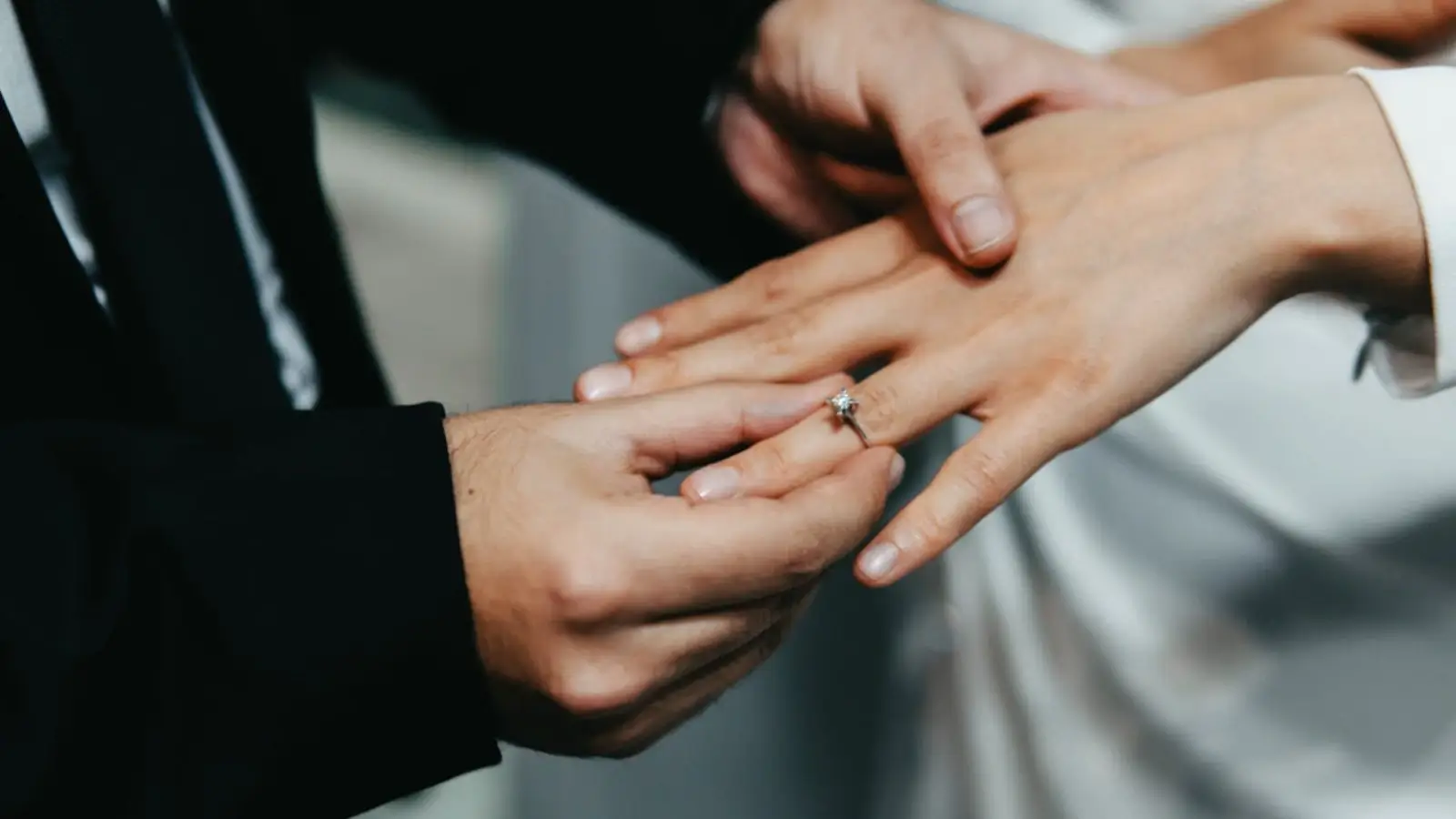


Buying an engagement ring can feel like a huge moment, which is exciting and, honestly, a little nerve-racking too. You’re choosing something that symbolises your relationship, and it’ll likely be worn every day for years to come. With so many styles, shapes, and price tags out there, it helps to go in with a bit of a game plan. Here are seven things you’ll want to think about before making your final choice.
Before you start looking at rings, you may already have an idea of the kind of jewellery they wear now. Some people love modern, clean looks, while others are into more vintage or detailed designs. If you’re not sure, check what type of metals or stones they already wear. You can also ask their close mates or a family member for tips; they might know exactly what your partner dreams of.
Diamonds have four main things that affect how they look and how much they cost: cut, colour, clarity, and carat. "Carat" refers to the weight, so bigger diamonds have higher carats. The cut affects sparkle the most. Colour and clarity matter too, but not everyone notices differences. Maybe they’d want a smaller diamond with good shine, or they want a bigger stone and are not fussed about imperfections.
Engagement rings come in every price range, so deciding what you’re happy to spend will make things a lot simpler. Having a set number in mind helps you focus, and there are plenty of ways to get something beautiful. For example, you can go for a slightly smaller carat, try a different shape, or even switch up the setting. A smart tweak here and there can give you a stunning ring that doesn’t break the bank.
There’s the classic solitaire, which puts all the focus on the diamond. Then there are halo settings that have tiny diamonds around the main stone. Bezel settings hold the diamond in with a smooth edge, which looks modern. Also, they affect how secure the stone is and how easy it is to clean every day. Some settings can catch on clothes or hair, so it’s worth seeing a few options in person to compare.
When it comes to the band, there are a few popular choices: white gold, yellow gold, rose gold, and platinum. Gold is more affordable and comes in different tones, so it’s a bit more flexible. Think about what your partner wears. Do they like warm tones or cooler ones? Are they rough with their hands or quite careful with their things? The right metal should match their everyday life as much as their style.
If your partner’s going to wear it every day, it should feel good on their hand and not get in the way. Some rings with high settings can get caught on fabrics or scratch surfaces, which can be annoying. Also, think about how the engagement ring will look next to a wedding band later on. Some styles are easier to match than others. Picking a design that works now and down the track is a smart move.
Whether you’re buying online or in a shop, make sure you’re dealing with someone reputable. A good jeweller will explain your options clearly, offer certifications for diamonds, and have fair policies if something doesn’t work out. If you’re not sure where to start, ask friends for recommendations or read reviews. You want to feel confident about the ring and the place you’re buying it from.
Buying an engagement ring doesn’t have to be overwhelming. It just takes a bit of planning and some attention to what matters to your partner. From learning the 4Cs to picking a trusted jeweller, every decision helps you get closer to the perfect ring. This moment is a big one, and the ring should feel just as special as the love behind it. Take your time, ask questions, and trust your instincts. You’ve got this.